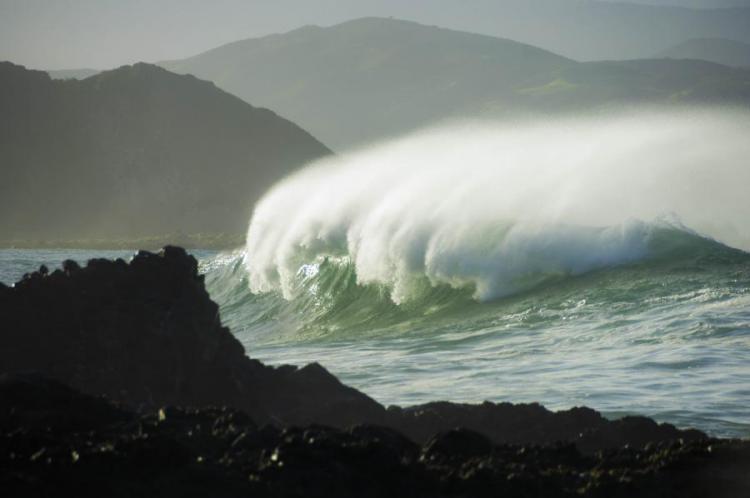- AUTHORDeep South Challenge - 2017 Contestable Funding Round
- December 20 2016
Deep South Challenge – 2017 Contestable Funding Round

The mission of the Deep South National Science Challenge is to enable New Zealanders to adapt, manage risk, and thrive in a changing climate.
Working with communities and industry we will bring together new research approaches to determine the impacts of a changing climate on our climate-sensitive economic sectors, infrastructure and natural resources to guide planning and policy. This will be underpinned by improved knowledge and observations of climate processes in the Southern Ocean and Antarctica – our Deep South – and will include development of a world-class earth systems model to predict Aotearoa New Zealand’s climate.
Contestable funding – request for proposals (RFP) documents
The Deep South Challenge contestable funding
The mission of the Deep South Challenge will be achieved through a framework that connects society with scientists through five inter-linked programmes. The three core inter-connected research Programmes (see figure 1 below) will be guided by and incorporate the research and related activities from within the Vision Mātauranga and Engagement Programmes.
To date, the Challenge has funded research projects that will help achieve the objectives of specific programmes including principally Vision Mātauranga (VM), Processes & Observations (P&O), and Earth Systems Modelling & Prediction (ESMP). In our first year of Contestable Funding, we funded seven projects that will enhance our knowledge of P&O, strengthen the development of the ESMP, widen our portfolio of VM research and initiate our explorations onto the field of climate change Impacts and Implications in New Zealand.
Details of all our projects can be found on the website.
Contestable funding scope
The Deep South Challenge has now opened its second Contestable Funding round. The Challenge invites proposals that will help deliver the overall Mission and contribute to the success of the Challenge. It is vital that applicants understand this core requirement when drafting proposals. Applicants are encouraged to contact the relevant Deep South Science Leadership Team (SLT) member to discuss their proposal ideas to ensure that it is Deep South Challenge Mission-relevant. Applicants are able to submit proposals that span two or more programmes, where appropriate.
While applications will be considered that cover any of our Programmes, we would like to encourage applications that fall into the Impacts and Implications and Engagement Programmes. These are areas that are currently under significant development, and are essential to the achievement of our Mission.
Engagement proposals will be assessed by additional criteria which align with the Engagement Objectives of the Challenge.
Potential for RV Tangaroa voyage alignment
This round of Contestable funding could also be an opportunity for applicants to request funds that will support Antarctic fieldwork on the RV Tangaroa (2018/19), provided that:
- The research is focused on achieving the Deep South Challenge mission
- The research team have already submitted an EOI to the Tangaroa Antarctic Voyages Working Group and it is accepted (and evidence is submitted in support of this RfP).
Available funding
Total Value – Up to $1,500,000 (excl. GST) – for years 4 & 5 of the Deep South Challenge
Project Value – Up to $300,000 (excl. GST) total for up to two years
Reviewers – Independent Science Panel (ISP), Kāhui Māori, Technical Advisory Committee on Engagement, and Deep South Science Leadership Team (SLT) members.
Timeline
- Early notice of pending Contestable Round – 23 November
- RfP released – 20 December 2016
- RfP closes – 2 March 2017
- Review by SLT and recommendations to the ISP – 2 March to 22 March 2017
- ISP review and recommendations – 22 March to 24 April 2017
- Board approve recommended projects – 4 May 2017
- Disseminate results and set up subcontracts – 4 May – 30 June 2017
- Projects commence – 1 July 2017
- Projects completed – 30 June 2019
For further information
Contact Challenge Manager, Lucy Jacob: [email protected]